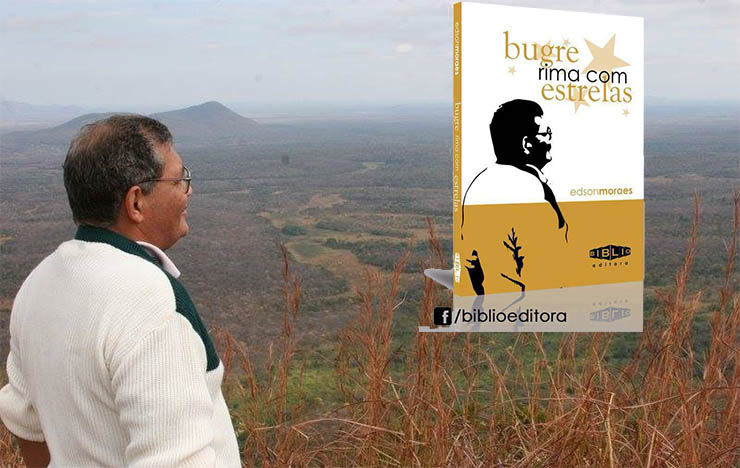When Citizenship creates roots
- Isabela Rodrigues
- Jan 13, 2023
- 1 min read
When first asked at the very beginning of the program what citizenship was, I offered a technical and methodical answer. I said that citizenship was not only about a form of knowledge, but also about the practice and exercise of rights. To be a citizen, to me, was to be guaranteed your rights while fulfilling your duties. I further explained that we needed to know our rights in order to put them into practice.

Today, after more than ten months into the program, I understand that citizenship is a concept much more rooted in our daily lives than simply a legal idea. Being a citizen involves not only rights to health and quality education. The mere fact that you can go to a Cultural Forum in your neighborhood and learn about different realities is already exercising citizenship. Citizenship is me arriving at my work space and having the opportunity to share my life experience and be heard without prejudice or social stigmas.

Citizenship, now, is something irreplaceable in my worldview. It is not just pressing a button to elect a candidate for four years. Citizenship is breathing fresh air without pollution; it is not being harassed while riding the bus home; it is manifesting my religious beliefs without pre-judgment; citizenship is eating rice and beans every day. Citizenship is a fair and just society, even though it may sound utopian to dream about it.

Translated by Louise Azambuja



Comments